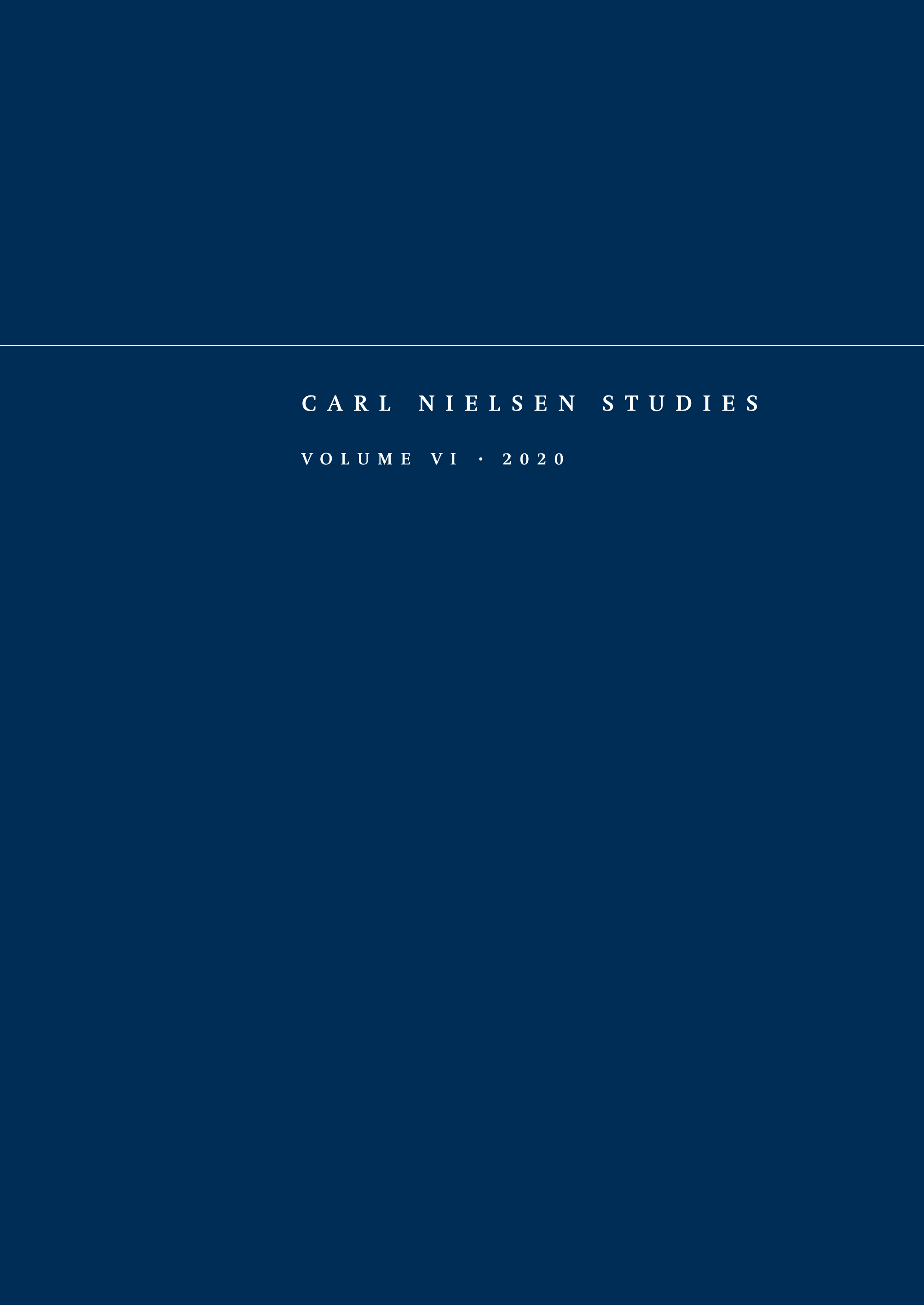Louis Glass and Carl Nielsen: Opposites in Danish Musical Life
DOI:
https://doi.org/10.7146/cns.v6i0.122256Abstract
Carl Nielsen and Louis Glass were close contemporaries, and their musical careers began in parallel. But their points of departure were different. Whereas Nielsen took off from Beethoven, Brahms, Dvorˇák and Svendsen, Glass was particularly inspired by César Franck and Bruckner. Around the time of World War One, the differences became pronounced. Nielsen gained great popularity with his folk-like songs, whilst Glass submersed himself in theosophy. Symbolic of the differences are Nielsen’s Fourth Symphony, The Inextinguishable, and Glass’s Fifth, Sinfonia Svastica, each of which foregrounds the concept of ‘Life’, but from a different point of view. Glass clearly perceived that he had become cast in Nielsen’s shadow, and in a short correspondence with him in 1923 he tried to plead his case that they were both working in the same direction but from different points of departure. He felt that they were complementary. Nielsen’s side of the correspondence has not survived, and we therefore do not know his attitude.
Downloads
Published
How to Cite
Issue
Section
License
- Authors retain copyright and grant the journal right of first publication with the work simultaneously licensed under a Creative Commons Attribution License that allows others to share the work with an acknowledgement of the work's authorship and initial publication in this journal.
- Authors are able to enter into separate, additional contractual arrangements for the non-exclusive distribution of the journal's published version of the work (e.g., post it to an institutional repository or publish it in a book), with an acknowledgement of its initial publication in this journal.

